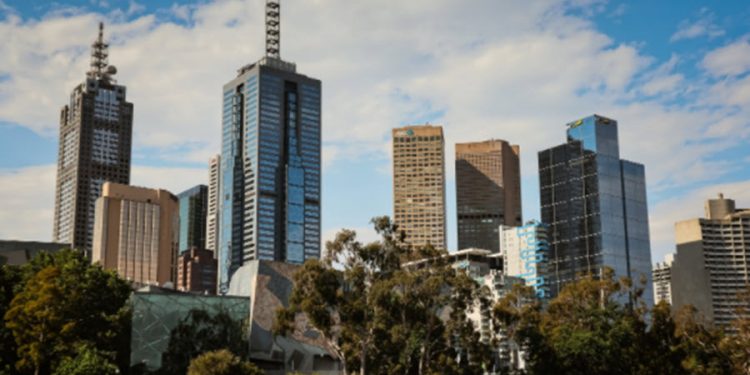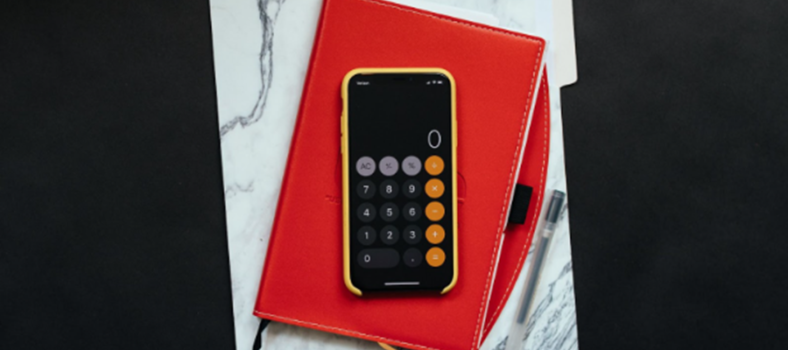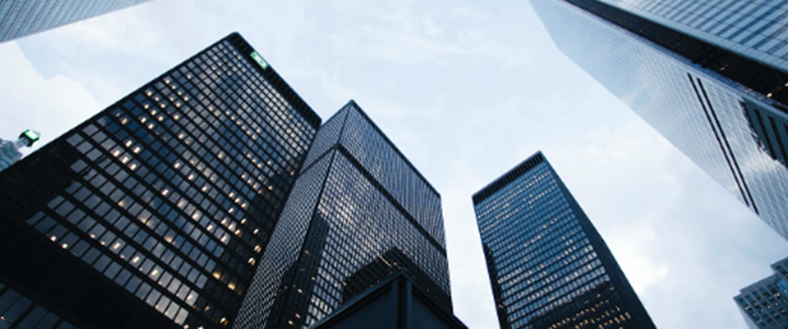Corporate Culture – 5 Fascinating Ways Aussie Office Culture Is Changing Post-Pandemic
Our island home might have cushioned us from the worst of the COVID-19 pandemic here in Australia, but it has still dramatically impacted the way we live and work. There is a high likelihood that 2020 saw your company open up more flexible work from home conditions, and now in 2021, many people are left wondering what long-term changes they can expect. Working conditions will vary from company to company, but here are five fascinating shifts to Australian office culture that we are seeing across the country.
Reduced Office Space
Office vacancy rates across big cities, including Sydney and Melbourne, are up more than 10% in early 2021 as companies reduce their face-to-face office space. Conversely, we spoke to some of Melbourne’s best serviced offices, who reported that they are busier than ever.
While traditional office environments are unlikely to disappear altogether, companies are much more open to more flexible working arrangements and adaptable work environments than ever before.
The stats are in, and people are just as productive, if not more productive, typing away in their PJs from their lounge room. This shift in physical location is forcing organisations to reconsider how they encourage good communication and collaboration.
Demand for Diversity
Inequity has been an issue at the forefront of the news globally over the last 12 months. Following the #BlackLivesMatter movement, recent anti-Asian sentiment in the US, and several high profile rape cases, people continue to debate the right approach to racial and gender equality.
These issues are mirrored by the ongoing failure of large companies to make real progress in diversifying their workforce. Facebook committed to double their Hispanic and black employees in America and their female employees globally by 2024, but admit they might not meet their inclusive employment targets. You can expect to see rising pressure from consumers for companies to put their money where their mouth is and address these systemic issues.
Sustainability
It is little surprise that the global push for environmental awareness and sustainability is spilling over into the corporate world. Offices are exploring new ways to be kind to the planet.
While initiatives such as printer cartridge recycling and paperless offices have been around for some time, technology like energy harvesting to drive self-powered radio sensors and switches are being implemented in smart office buildings. This technology hits the sustainability trifecta, being economical to run, low waste due to a lack of batteries, and environmentally friendly because they reduce the building’s carbon emissions.
A Focus on Wellbeing
Once upon a time, workplace safety meant putting out the wet floor sign after mopping and ensuring no one left out an electrical cord to trip over. While employee mental health and well-being have been moving to the forefront for a few years, the pandemic has thrust it into the limelight.
It is now estimated that one in five Australians struggle with mental health issues. Some have embraced flexible working conditions and remote work; however, others have found the isolation and lack of work/life separation extremely difficult to manage. In response, companies have been reviewing how to promote healthy work environments and work practices.
Community
Social distancing and lockdowns have emphasised how vital human contact is for our mental health. Smart organisations are sitting up and taking notice as they start exploring ways to ingrain a sense of community in their workplaces. Co-working spaces are leading the charge here by facilitating idea-sharing sessions and networking opportunities.
How is your office culture shifting in the wake of COVID-19?






No Comment